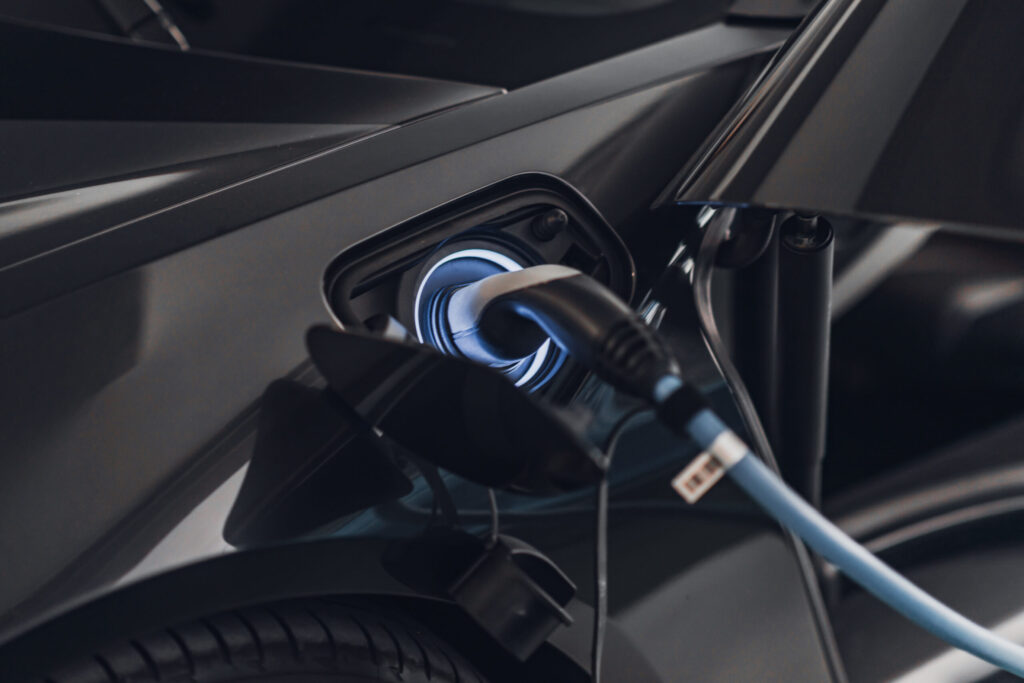New Poll: 77% of Voters Support AI Laws to Protect Free Speech and Constitutional Rights

As artificial intelligence becomes a more powerful force in American life, a new Rasmussen Reports and Heartland Institute poll shows a majority of voters are growing increasingly uneasy about where the technology may be heading. Seventy-two percent of likely voters say they are concerned about artificial intelligence, including nearly one-third who are very concerned. Just one in four say they are not concerned.
That concern is translating into overwhelming public support for safeguards. Seventy-seven percent of voters say they would support a state or federal law requiring AI developers to design systems that protect constitutional rights like freedom of speech and religious expression. Nearly half—48 percent—say they strongly support such legislation.
Despite the promise of AI to advance innovation and economic efficiency, a significant portion of the electorate believes the risks could outweigh the rewards. When asked whether AI will be used more to empower individuals or to control them over the next decade, only 33 percent of voters say it will empower people. Forty-two percent believe it will be used more as a tool of control. A quarter of voters are not sure.
Support for regulation cuts across political lines. Roughly three-quarters of Democrats, Republicans, and unaffiliated voters alike say they are at least somewhat concerned about AI. And concerns aren’t limited to one demographic group—majorities of white, Black, Hispanic, and other minority voters back legislation to protect civil liberties from potential AI overreach.
Even on the issue of personal privacy, Americans appear willing to consider trade-offs if the benefit is clear. Fifty-one percent of voters say they would support allowing AI systems to access personal health and financial data if it increased the odds of curing diseases or solving complex social and economic problems. But support is soft—just 19 percent strongly support the idea—while more than a third of voters oppose giving AI access to such sensitive information.
Perhaps the most revealing shift is in the area of economic policy. With experts predicting that AI will eliminate millions of jobs over the next decade, voters were asked whether they would support a government program to tax large technology companies and use those funds to provide every American with a basic income to cover housing, food, and other necessities. Sixty-two percent say they would support such a plan, including a surprisingly large share of conservative voters who traditionally oppose redistribution policies.
This data suggests that public sentiment is beginning to shift in response to the sweeping impact of technology on the economy and society. While Americans continue to favor a free-market system over socialism by a wide margin, their support for targeted economic interventions in response to AI disruption may signal the beginning of a broader realignment in how the electorate views the role of government in the digital age.
The survey of 1,067 likely voters was conducted April 30 to May 4, 2025, with a margin of error of plus or minus 3 percentage points. As artificial intelligence continues to evolve, it appears the American public is demanding a simple assurance: that the technology of tomorrow remains grounded in the values of today.
RECENT










BE THE FIRST TO KNOW
More Content By
Think American News Staff












